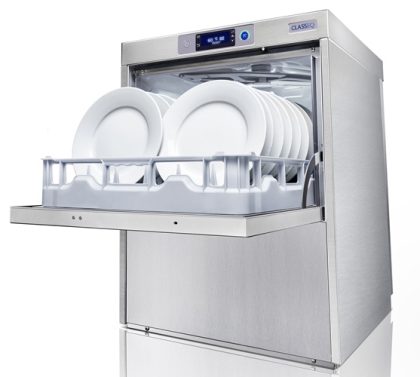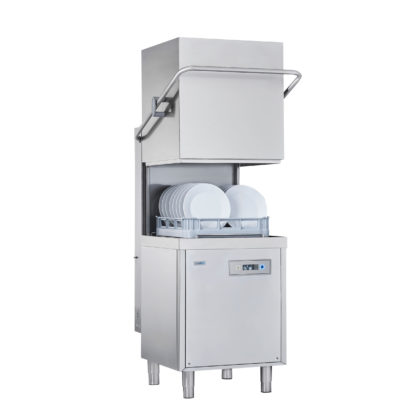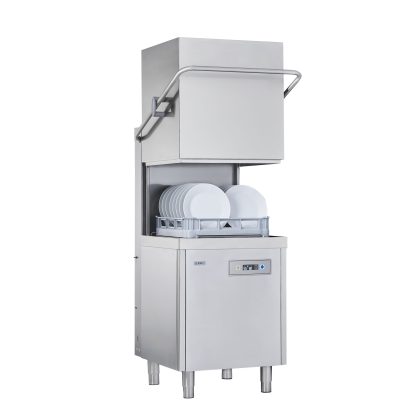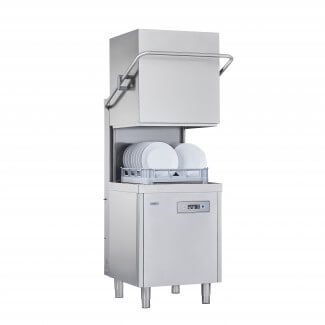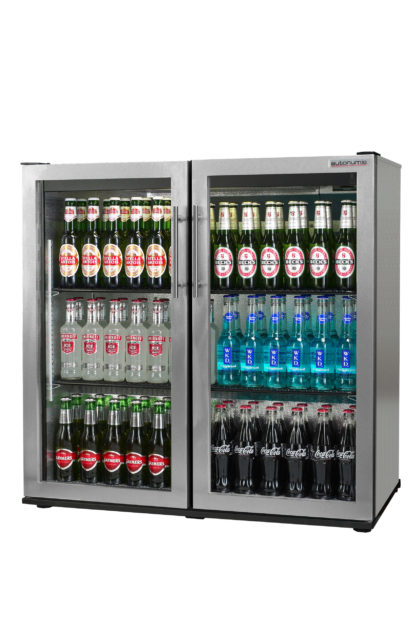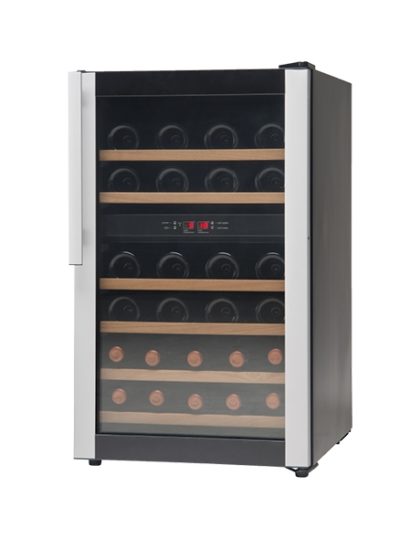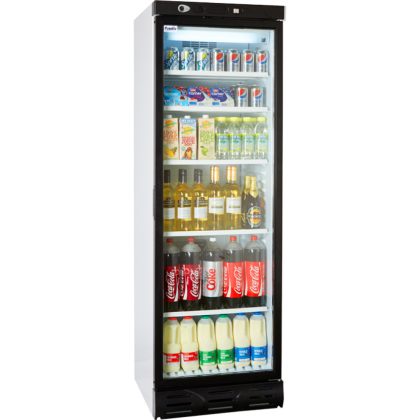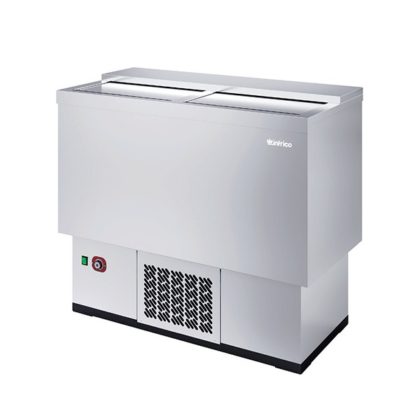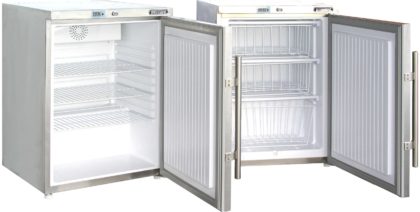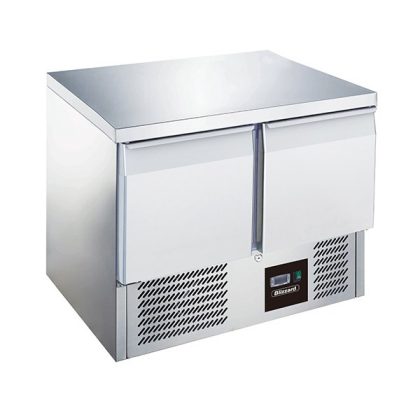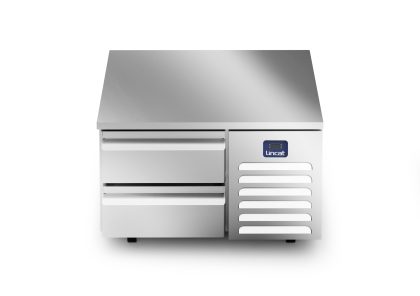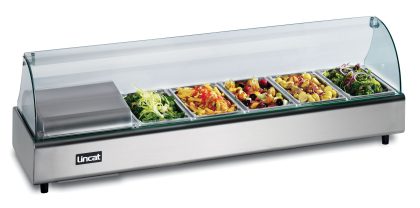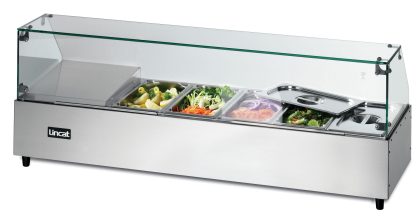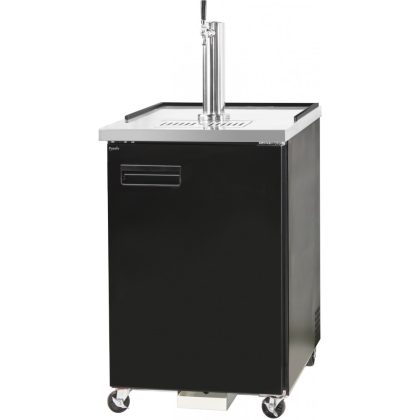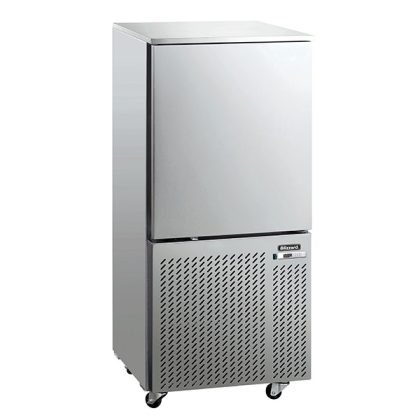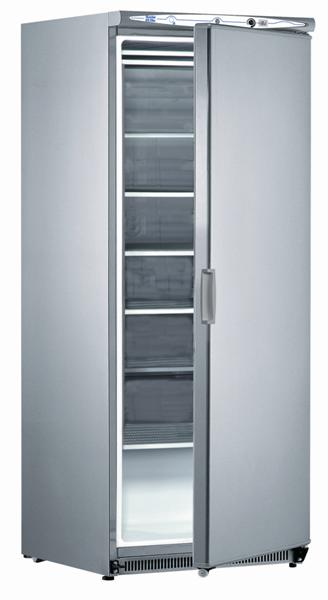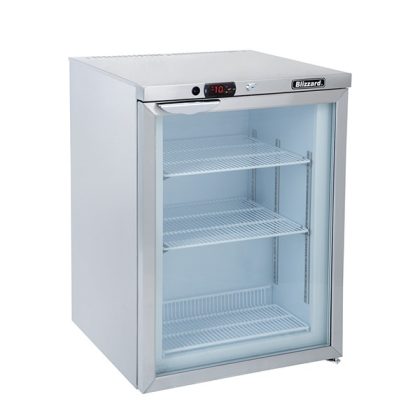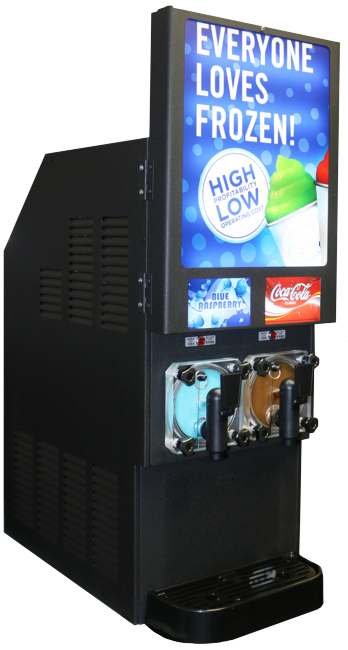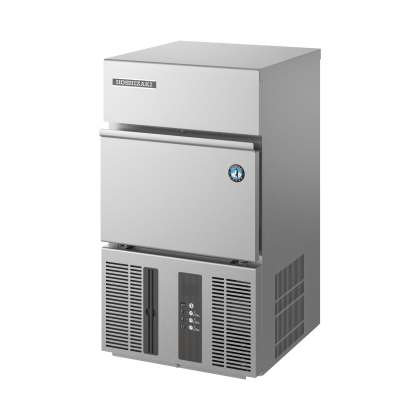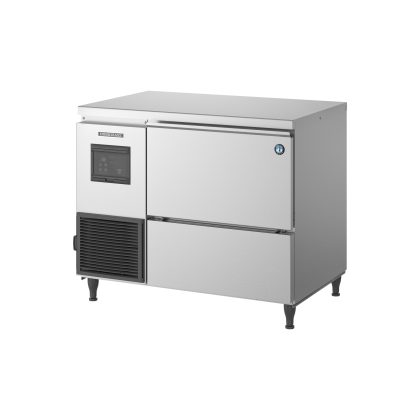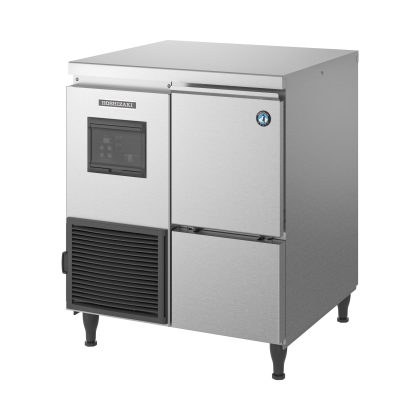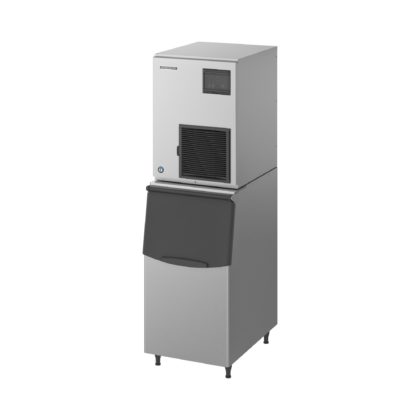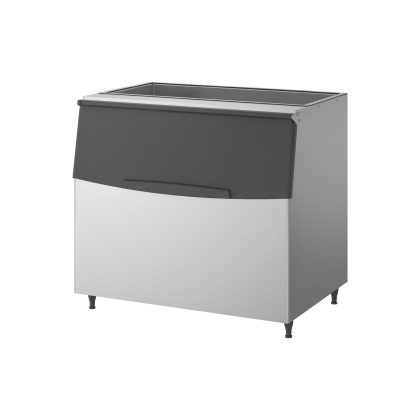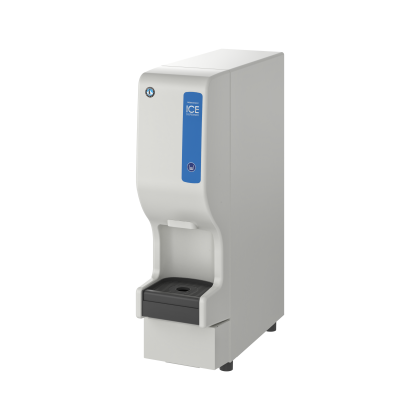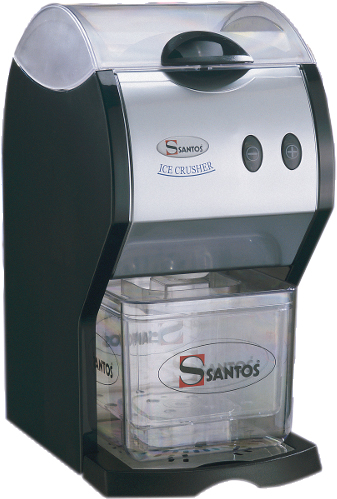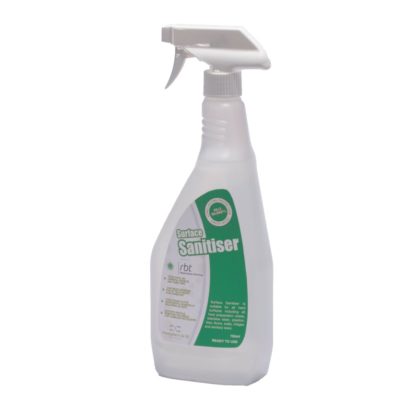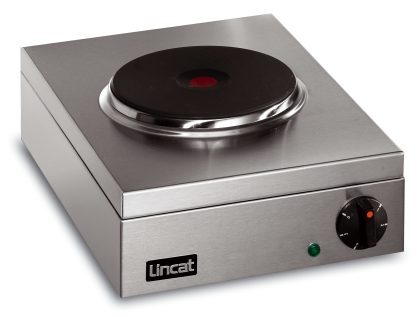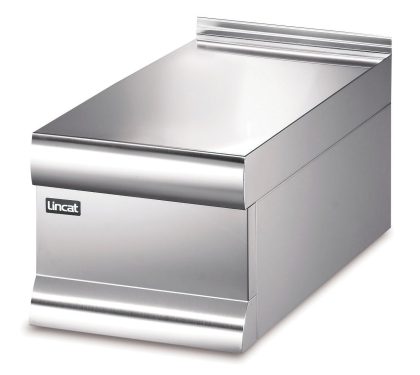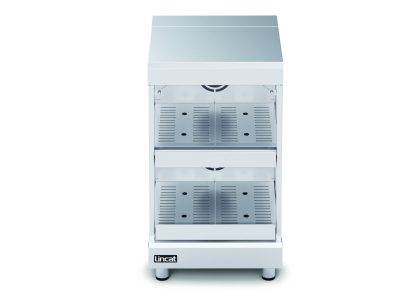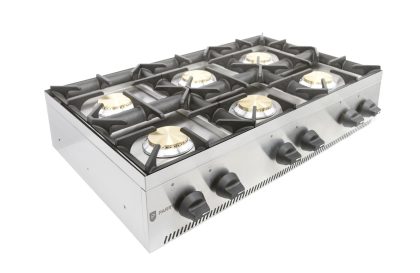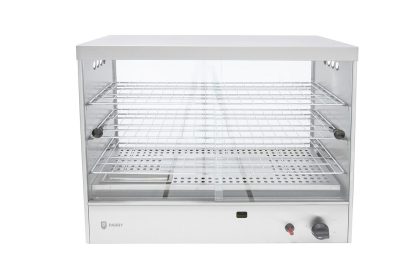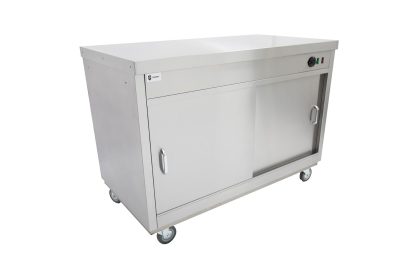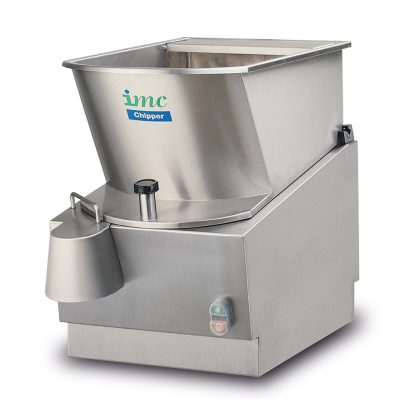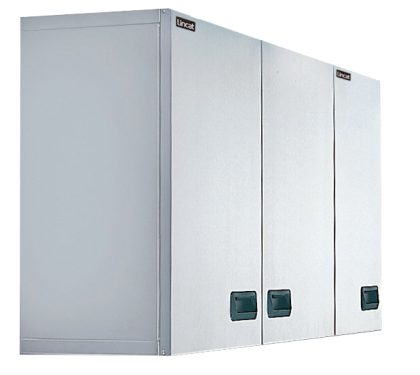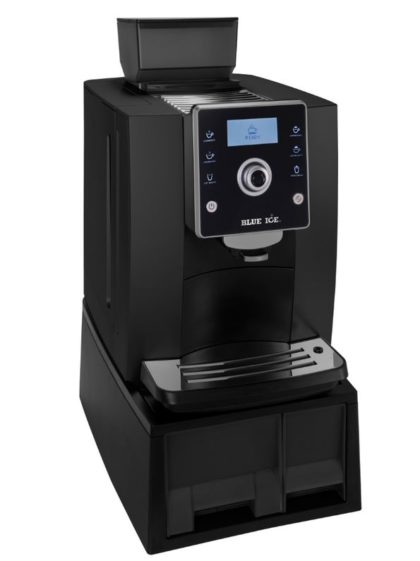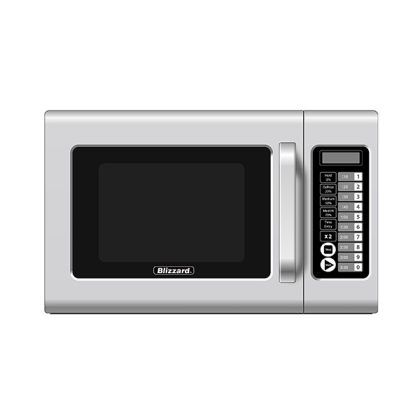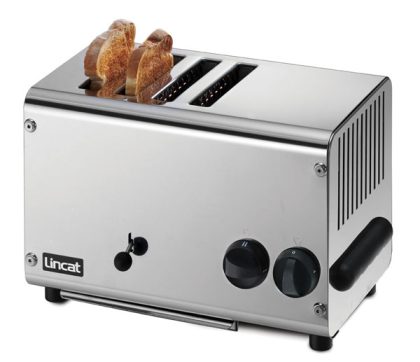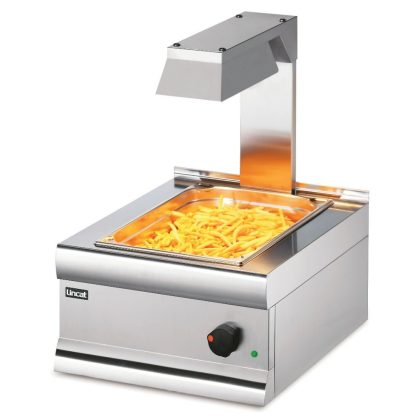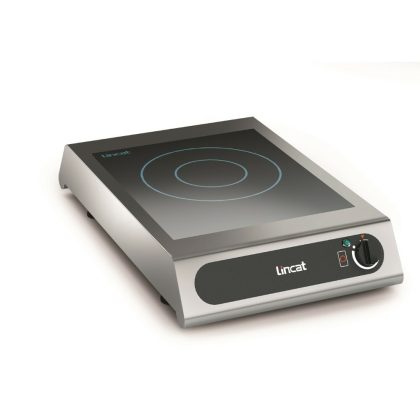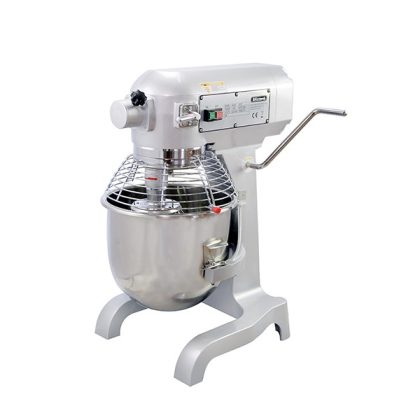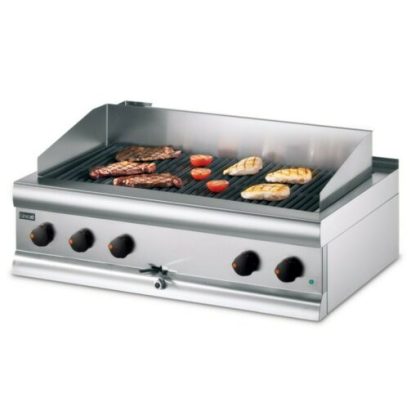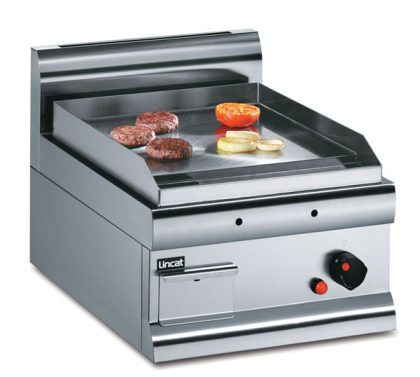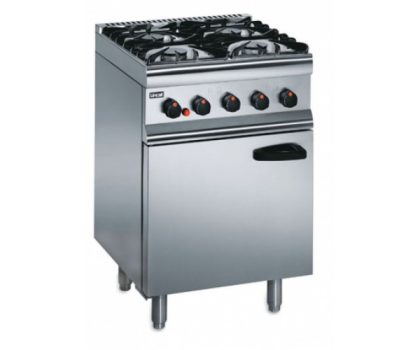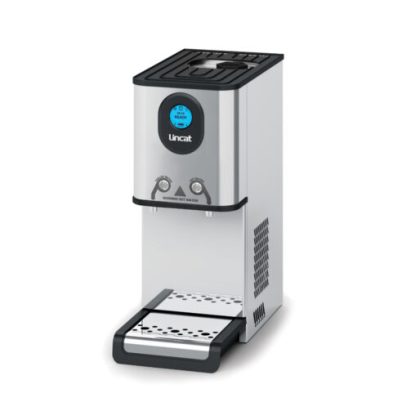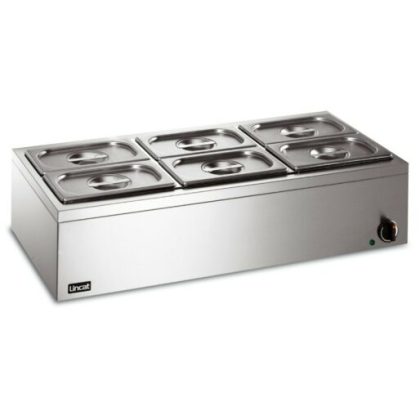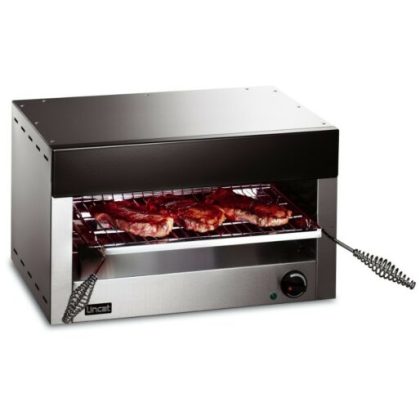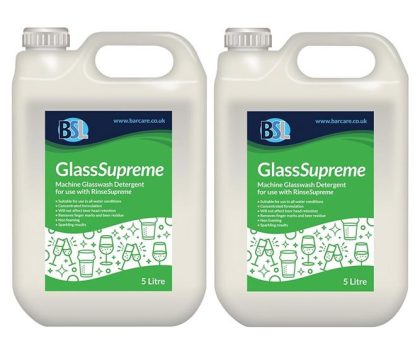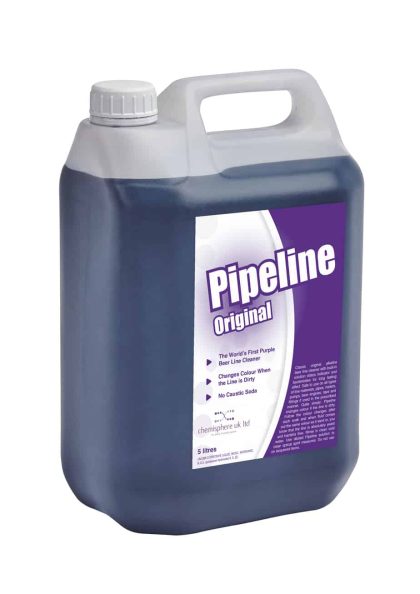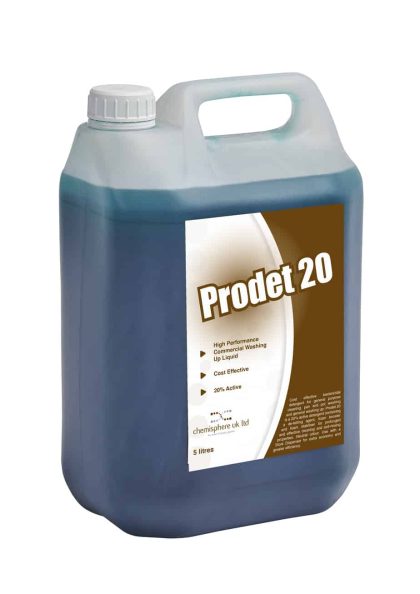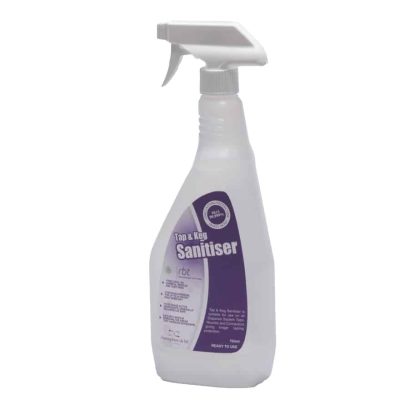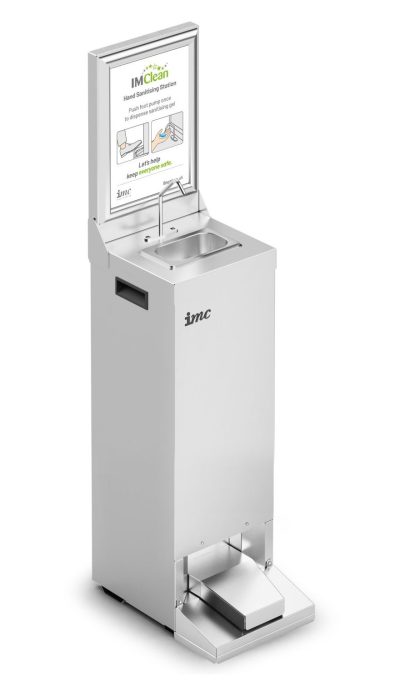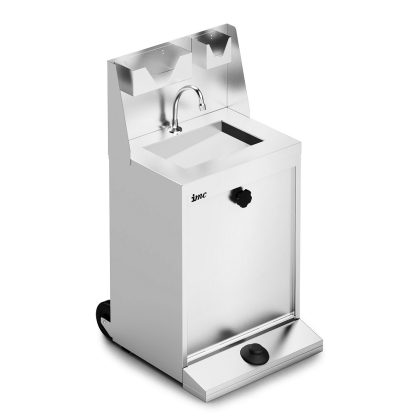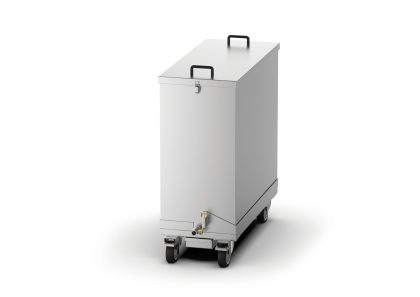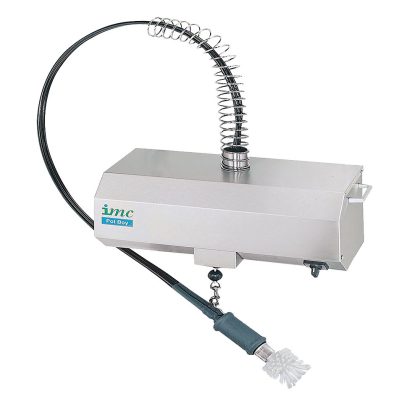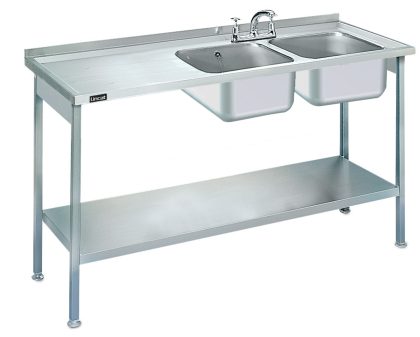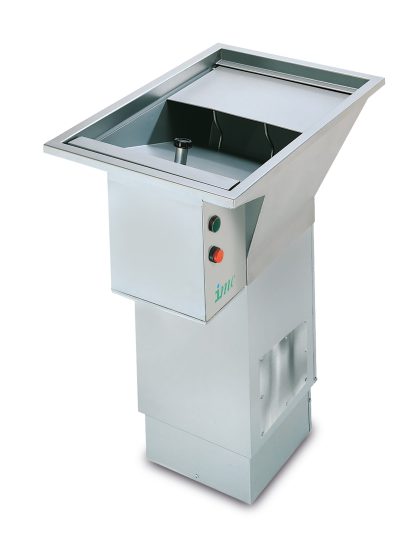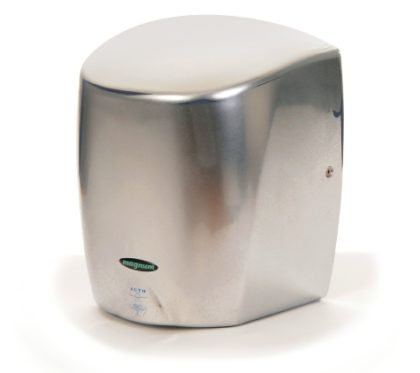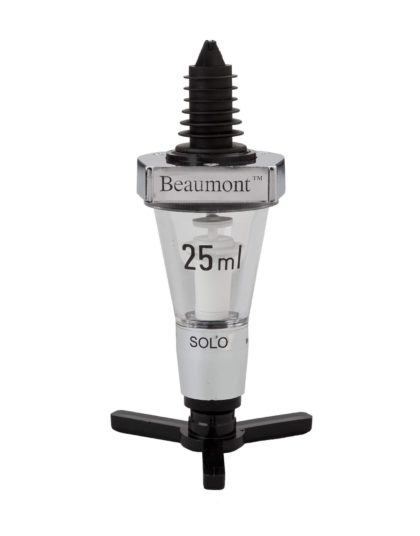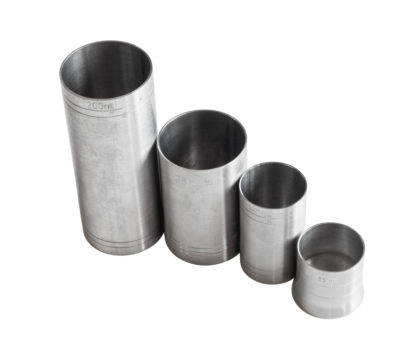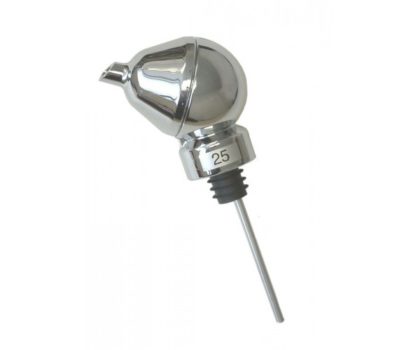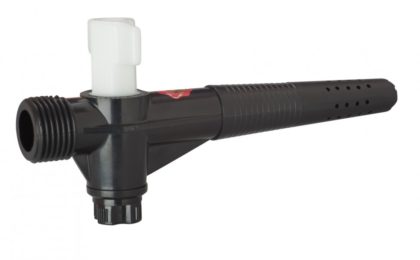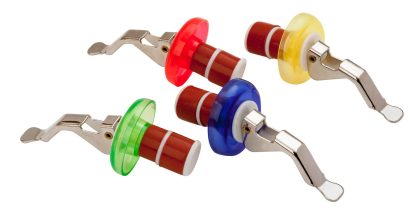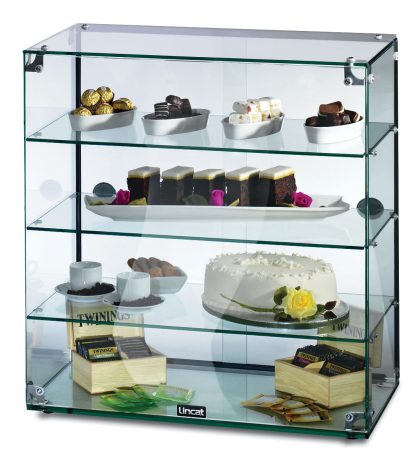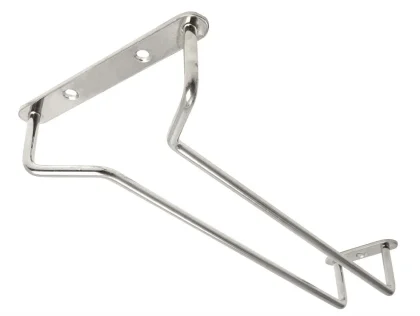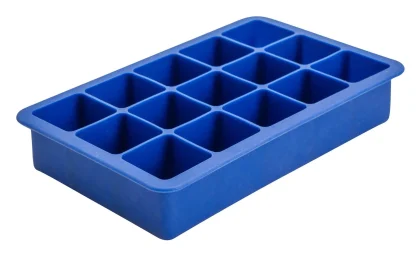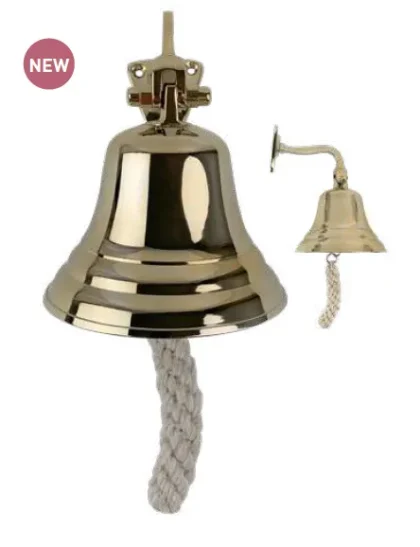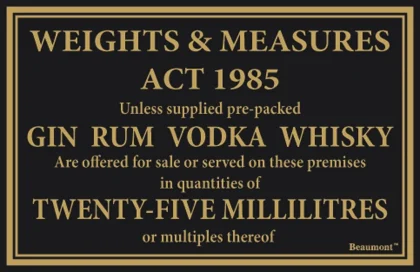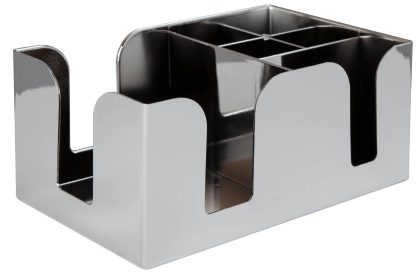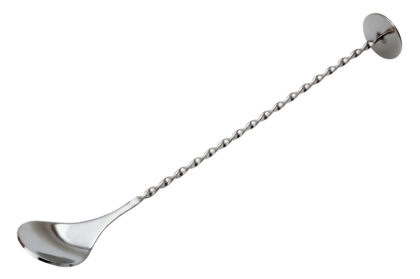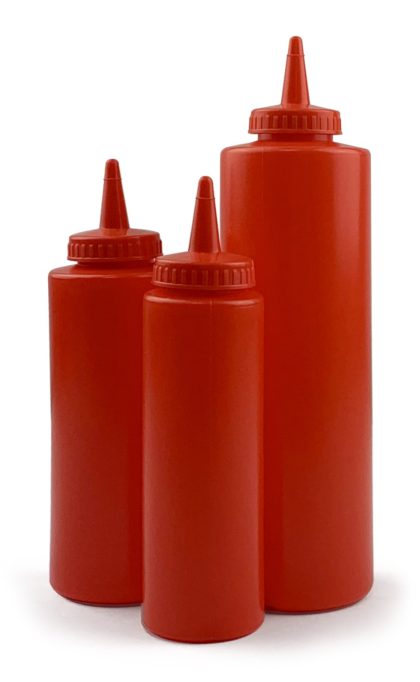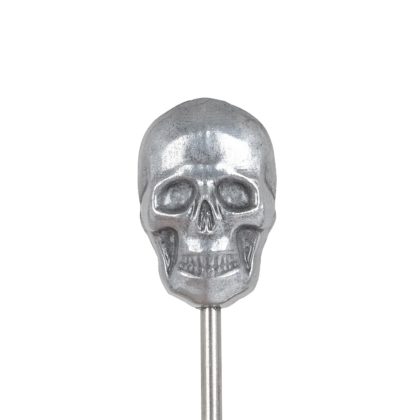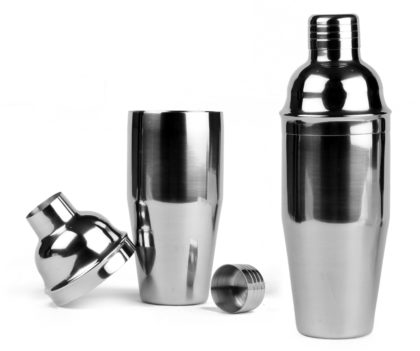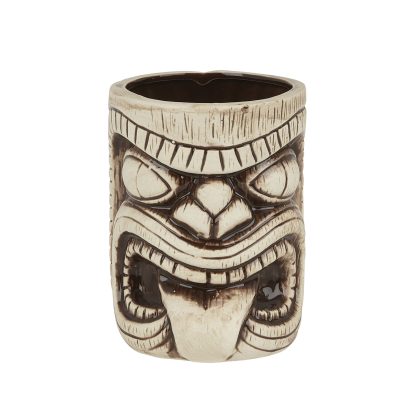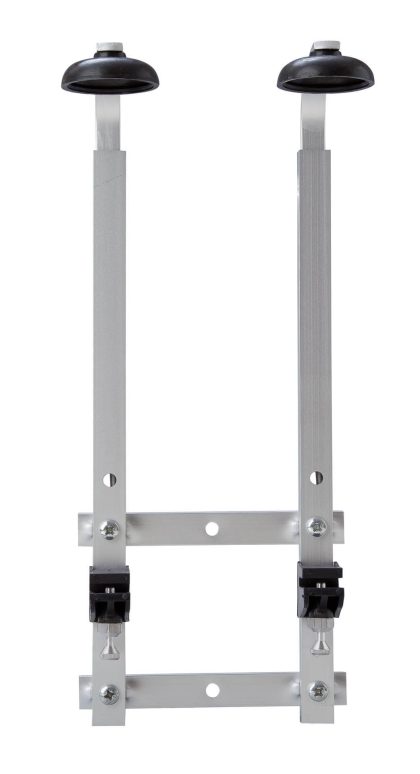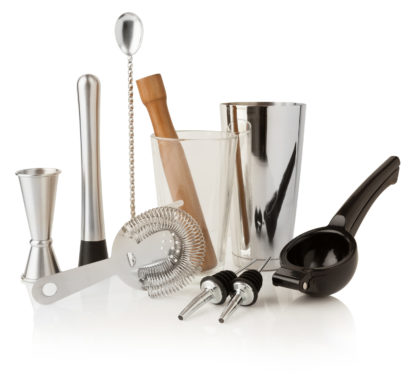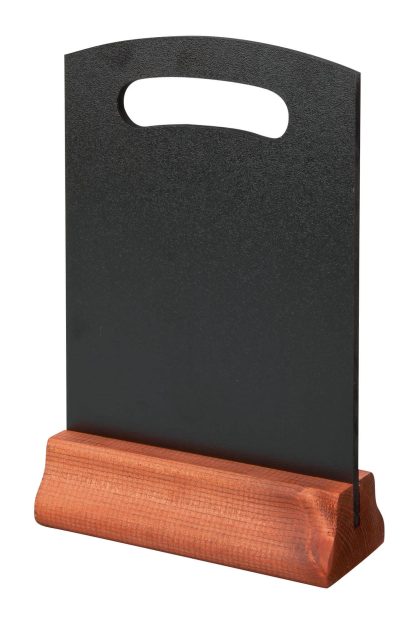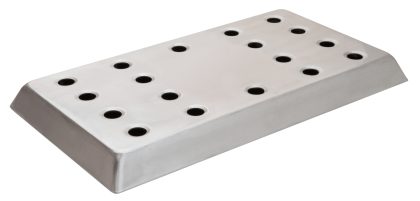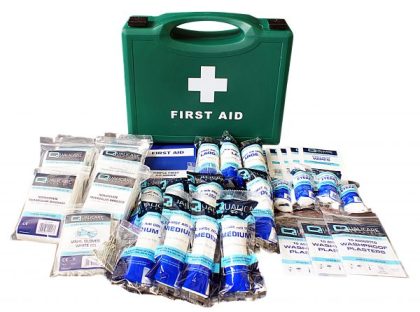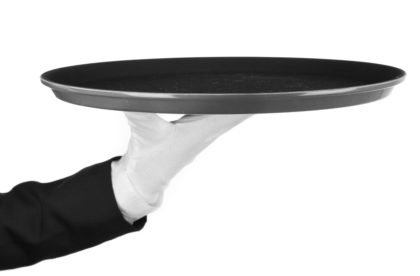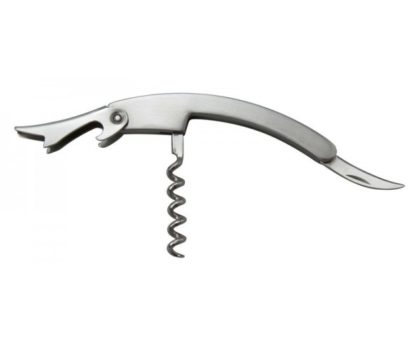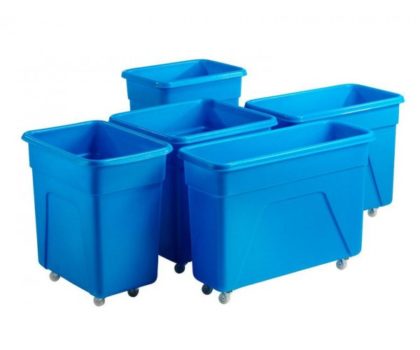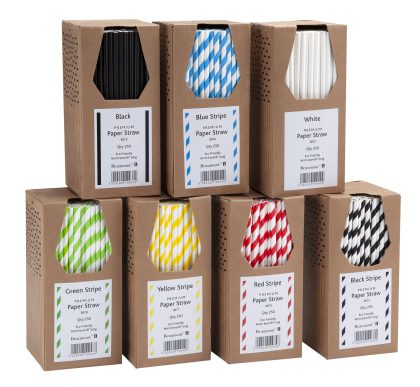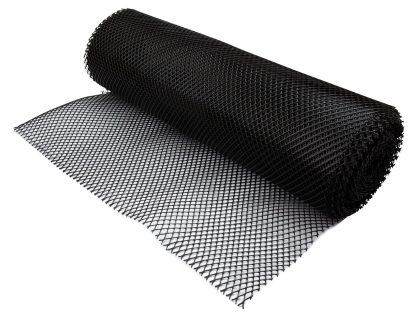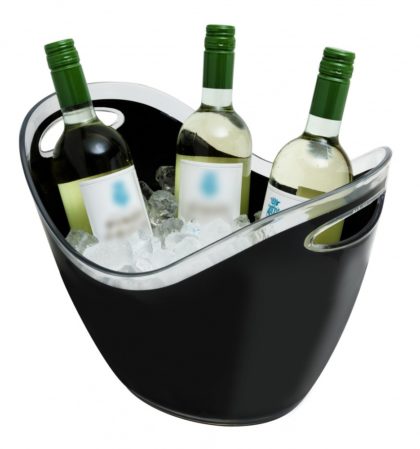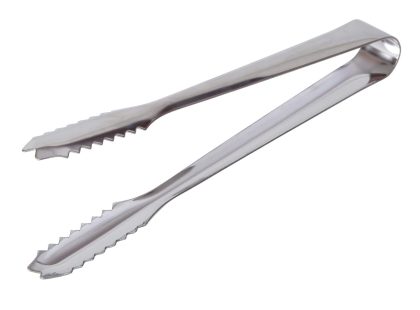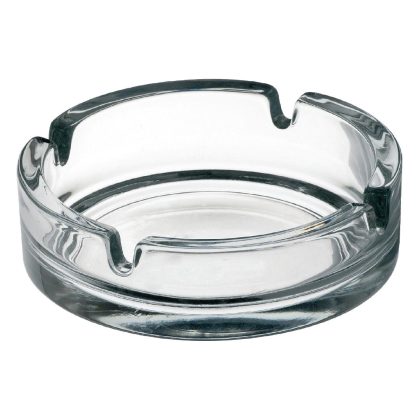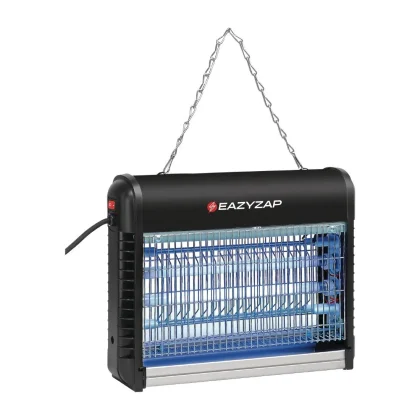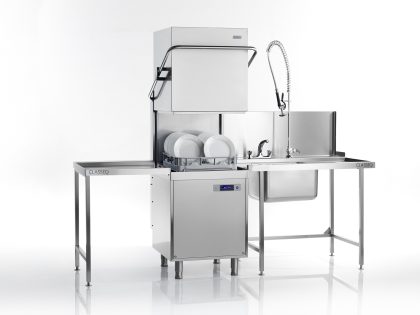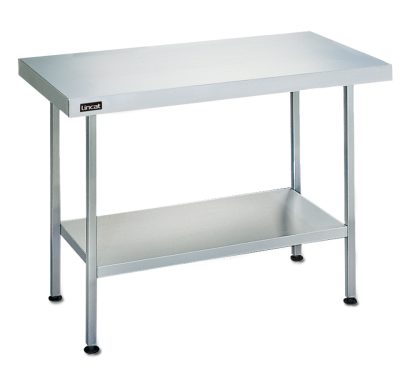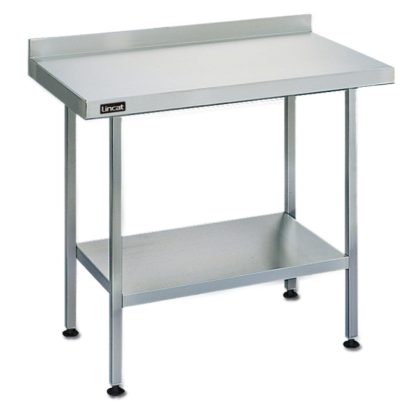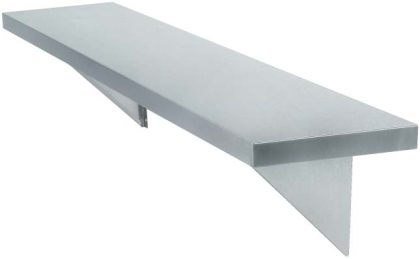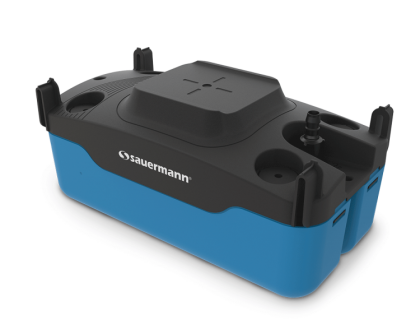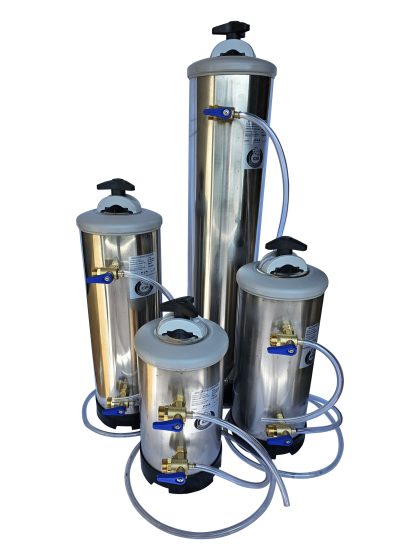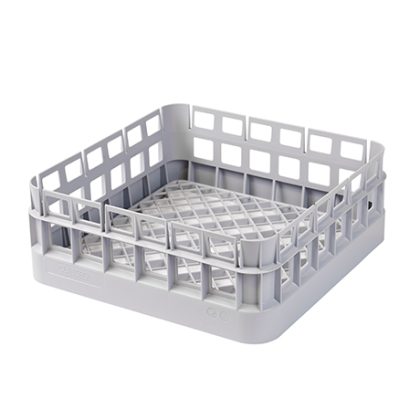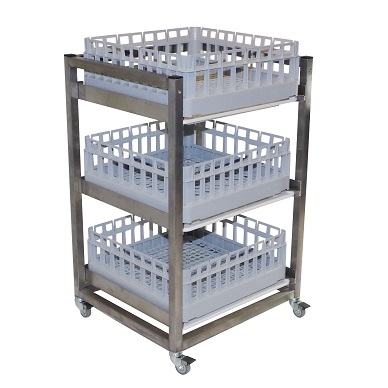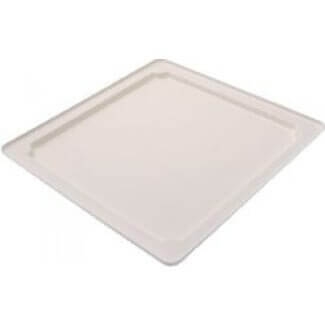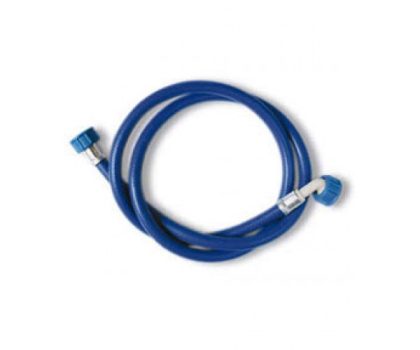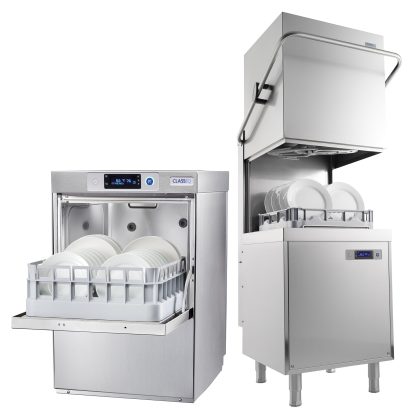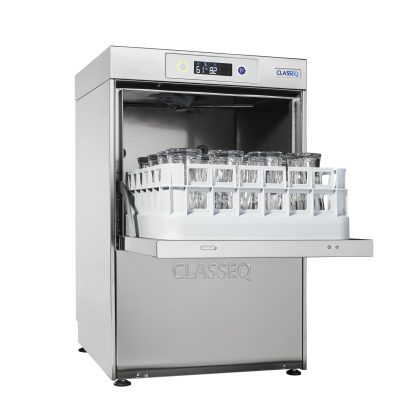Beer line cleaners typically use specialized cleaning solutions designed to remove residue, bacteria, and mineral deposits that can accumulate in beer lines. Commonly, alkaline and acidic cleaners are alternated to break down both organic material and mineral buildup.
Keeping your beer lines clean is important for maintaining the best taste and quality of every pour. In this FAQ’s post, we’ll cover the best methods for cleaning beer lines, including recommended cleaning schedules, step-by-step instructions, and tips on choosing the right cleaning solutions. Whether you’re a bar owner or home brewer these tips will help you serve fresh, great-tasting beer every time!
If you’re out of beer line cleaner or looking for alternative solutions, this FAQ’s post provide substitutes that can keep your lines fresh and bacteria-free. We’ll cover safe, affordable options, including household items and common cleaning agents, and discuss how each compares to standard beer line cleaner for maintaining taste and quality. Perfect for home brewers and bar owners alike!
Thinking if you can leave beer line cleaner sitting in your lines? In this FAQ’s post, we’ll explain why it’s important to avoid extended exposure to cleaning chemicals, how long you should let cleaner sit, and the impact on taste and safety. Learn the best practices for safe and effective beer line maintenance to keep every pour fresh and flavorful!
Can I use Milton to clean beer lines?
▼
Although Milton can be used to clean beer lines however it can have flavour impact on your beer. Milton is essentially a weak version of bleach, untested for safety so we highly recommend against it. You can instead use any of these beerline cleaners which are safe and have no impact on flavour.
How often should you clean beer lines in the UK?
▼
In the UK, beer lines should ideally be cleaned every 7 days to maintain the freshness and safety of beer, however, it depends on the use, beer quality and other factors that how frequently a clean-up is required. Regular cleaning minimizes buildup, helping bar’s serve beer at its best quality. Check out trusted products in beer line cleaning for best maintenance.
Should you clean or replace beer lines?
▼
Cleaning beer lines weekly is recommended, but replacement should also be considered every 6 to 12 months, depending on usage. Regular replacement and maintenance prevent buildup and make sure beer lines stay in top condition.
Can you use bleach to clean beer lines?
▼
Bleach should not be used to clean beer lines, as it leaves residues that can affect taste and may not fully rinse away. Instead, use a proper beer line cleaner for safe and effective results.
Why does beer line cleaner go green?
▼
Beer line cleaner can turn green due to a reaction with organic material and contaminants in the beer lines. This color change is a sign that the cleaner is working to remove buildup and should be followed by a thorough rinse with clean water to ensure no residue remains.
How long does beer line cleaner last?
▼
Once opened, beer line cleaner generally lasts about one month when stored properly. After dilution, the solution should be used right away for maximum effectiveness. You can find a range of quality beer line cleaners at Barcare.
Is Beer Line Cleaner safe?
▼
When used correctly and rinsed thoroughly, beer line cleaner is safe for maintaining beer lines. Be sure to follow all instructions carefully, use protective gear, and rinse the lines fully to avoid any residue impacting the taste or safety of the beer.
How to clean beer lines in a pub?
▼
To clean beer lines in a pub, disconnect the kegs and flush the lines with water first, then run a specialized beer line cleaner through them, letting it sit for some time before rinsing thoroughly with clean water. Regular cleaning makes sure high-quality, fresh-tasting beer. For professional cleaning products, explore options at Barcare.
What do you clean beer pipes with?
▼
Beer pipes should be cleaned with a caustic or acidic beer line cleaner, specially formulated to break down organic deposits. These cleaners are designed to keep lines free from residue and bacteria that can spoil beer. For reliable solutions, see Barcare’s beer line cleaners.
Can you clean beer lines with just water?
▼
Water alone is not sufficient to clean beer lines, as it does not remove the protein, yeast, and bacteria buildup. A specialized beer line cleaner is required to thoroughly clean and sanitize the lines. Check out beer line cleaning solutions for safe and effective products.
Can you use baking soda to clean beer lines?
▼
No, baking soda lacks the cleaning power needed to remove the buildup in beer lines. It’s best to use a professional beer line cleaner specifically formulated for thorough and safe cleaning.
Can I use vinegar to clean beer lines?
▼
While vinegar is effective in many cleaning applications, it is not recommended for cleaning beer lines. Vinegar cannot break down the protein and yeast deposits that beer leaves behind, and it may affect the taste of the beer. Use a dedicated beer line cleaner for best results.
Is it better to clean beer lines with hot or cold water?
▼
It’s typically recommended to use cold water when cleaning beer lines, as high temperatures can negatively affect the cleaning chemicals, reducing their effectiveness. Cold water preserves the potency of the line cleaner, guaranteeing a thorough cleanse.
What acid is used to clean beer lines?
▼
Phosphoric acid is often used in beer line cleaners, as it effectively removes beer stone and mineral deposits without corroding the lines. It’s necessary to use products formulated for beer line cleaning, available at Barcare’s beer line cleaner section.
What is the beer line cleaning solution?
▼
Beer line cleaning solutions generally contain a mix of caustic or acidic ingredients (such as phosphoric acid) to break down protein and yeast residues. Some solutions include surfactants to assist with rinsing, making sure a residue-free finish.
What is the best solution to clean beer lines?
▼
A caustic or acidic beer line cleaner is the best choice for cleaning beer lines. These solutions effectively break down protein and yeast deposits, preserving beer quality. Explore trusted beer line cleaning solutions at Barcare.
How long do you leave beer cleaner in lines?
▼
Beer line cleaner should typically be left in the lines for around 15–30 minutes, depending on the cleaner and manufacturer’s instructions. Leaving it too long can damage lines, so always follow the recommended timeframe and rinse thoroughly afterward.
How long do you soak beer line cleaner?
▼
Beer line cleaner should be soaked in the lines for about 15–30 minutes. This soak time allows the cleaner to break down residues effectively. Always rinse thoroughly with clean water afterward to prevent any aftertaste.
What happens if you don't clean beer lines?
▼
Failing to clean beer lines results in a buildup of yeast, mold, and bacteria, which can spoil the beer’s flavor, create off-tastes, and lead to foaming issues. Neglecting cleaning can also pose health risks for customers.
Does beer line cleaner go bad?
▼
Yes, beer line cleaner has a shelf life and can degrade over time. Check the expiration date and storage instructions on the product label to ensure it remains effective. Expired cleaner may not work as intended and could leave residues.
Do you turn gas off to clean beer lines?
▼
Yes, it’s recommended to turn off the gas supply while cleaning beer lines. This prevents any accidental dispensing of gas during the cleaning process, making it safer and ensuring no gas gets into the lines.
How long can you save beer in the lines?
▼
Beer can typically stay in the lines for up to a few days without noticeable quality issues, but longer than that may affect freshness. Regular cleaning and prompt use of beer help maintain taste and quality.

